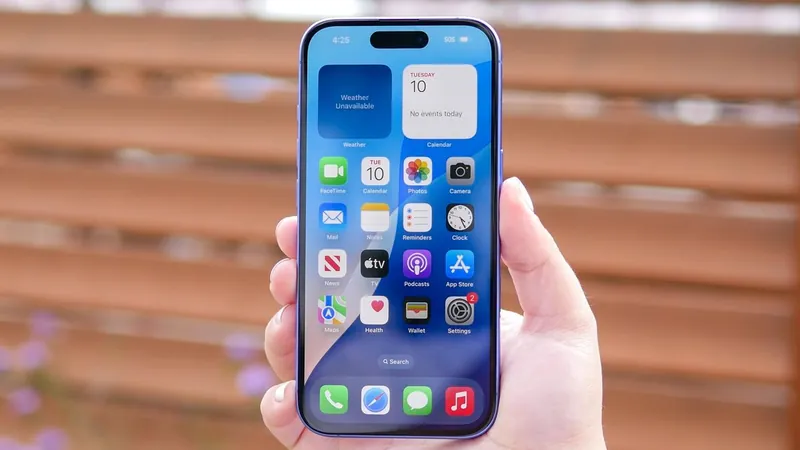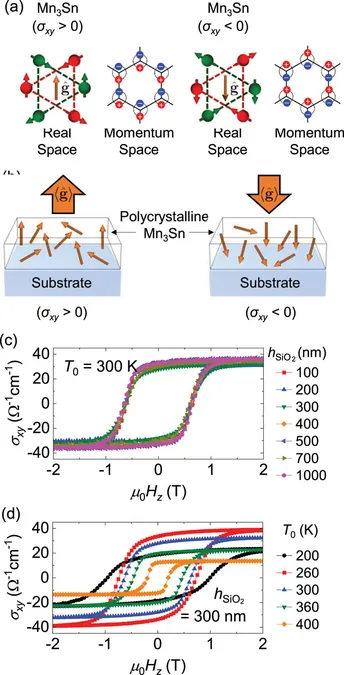
Apple's Game-Changing iPhone 16: Why It Outshines the Competition!
2024-09-22
Apple's latest release, the iPhone 16, is making waves in the smartphone market, primarily due to a significant change in its internal architecture. At the core of this transformation is Apple's new A18 chipset, which powers the iPhone 16 and marks a pivotal shift for the company’s entry-level devices.
In our latest review, the performance metrics reveal that the iPhone 16 is outpacing many competitors in Geekbench scores, showcasing a noticeable improvement in its processing speed. This triumph can be attributed to the A18 silicon that not only powers the standard iPhone 16 but is also found in the higher-end Pro models, where it is slightly enhanced with an extra GPU core.
Although Android devices using the Snapdragon 8 Gen 3 chipset still outperform the iPhone 16 in some graphics benchmarks, the gap has significantly narrowed, indicating that Apple has made strides in this domain. This places the iPhone 16 as a serious contestant in the flagship market, an assertion that would have been harder to make with previous models that relied on outdated chipsets.
A Shift in Strategy: New Chipsets for a New Era
Historically, Apple relied on a consistent chipset across its different iPhone models. This was disrupted with the launch of the iPhone 14, where the standard version utilized the A15 Bionic chip, previously seen in last year’s premium models. While this strategy might have nudged some consumers toward the pricier Pro options, it coincided with a decline in iPhone revenue, revealing the pitfalls of this approach.
The iPhone 16 effectively sheds the "afterthought" label that had begun to cloud entry-level models. By introducing the A18 chipset, Apple's new design comes with impressive upgrades including a fresh Camera Control button and the Action button from last year's models, ensuring a premium user experience regardless of whether one chooses the base iPhone 16 or the high-end Pro Max model.
Real-World Performance: The iPhone 16 Stands Out
Benchmarks reveal the iPhone 16's prowess against top contenders like the Galaxy S24 and OnePlus 12. Notably, in our tests, the iPhone 16 completed video transcoding via Adobe Premiere Rush in just 22.5 seconds — nearly 17 seconds faster than its closest rival. This real-world capability demonstrates that users can expect greater efficiency and responsiveness from Apple's latest smartphones.
Despite the clear advantages of the Pro models in areas like camera capabilities, the iPhone 16 offers a comparable experience, particularly with upcoming software updates like Apple Intelligence, slated to enhance its features significantly.
This year's iPhone lineup, particularly with the introduction of the A18 chipset, is set to redefine entry-level smartphones in the Apple ecosystem. Regardless of which model users opt for, the performance is consistent, allowing consumers to make choices based on features rather than fear of missing out on processing power.
Overall, the iPhone 16 is shaping up to be one of the best choices in the smartphone market today, reinforcing Apple's reputation for quality and innovation. Could this be the ultimate smartphone experience? The evidence suggests it's certainly a contender!


 Brasil (PT)
Brasil (PT)
 Canada (EN)
Canada (EN)
 Chile (ES)
Chile (ES)
 España (ES)
España (ES)
 France (FR)
France (FR)
 Hong Kong (EN)
Hong Kong (EN)
 Italia (IT)
Italia (IT)
 日本 (JA)
日本 (JA)
 Magyarország (HU)
Magyarország (HU)
 Norge (NO)
Norge (NO)
 Polska (PL)
Polska (PL)
 Schweiz (DE)
Schweiz (DE)
 Singapore (EN)
Singapore (EN)
 Sverige (SV)
Sverige (SV)
 Suomi (FI)
Suomi (FI)
 Türkiye (TR)
Türkiye (TR)